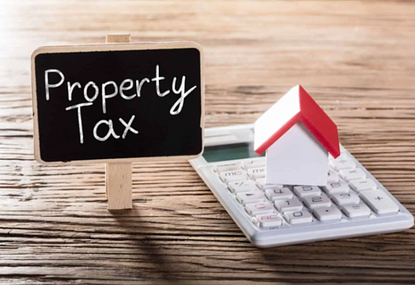Tax on income from rental property in Thailand

Earnings derived from leasing apartments in Thailand are liable to taxation, and comprehending the tax ramifications holds significant importance for property owners and landlords. Thailand enforces taxes on rental income to ensure that both individuals and enterprises make their equitable contributions to the nation's fiscal resources.
The customary method of calculating tax on rental income in Thailand involves determining a percentage of the total rental income received from tenants. As of my last knowledge update in September 2021, the tax rates were as outlined below:
1. Individual Taxpayers: Individual property owners typically have their rental income regarded as a component of their total annual income. It is then subject to personal income tax, which is progressive and ranges from 5% to 35%. The exact rate is contingent upon the individual's total annual income, with rental income being factored into this computation.
2. Juristic Persons (Companies): In cases where the property is owned by a company or legal entity, the rental income is subject to a fixed rate of 20% of the total gross rental income. Usually, this rate surpasses the individual tax rate, underscoring the significance for companies to carefully assess the tax consequences when engaging in property rentals.
3. Deductions and Expenses: Property holders have the option to subtract specific expenditures linked to the rental property, such as property management charges, repair expenses, and maintenance costs, from their rental income subject to taxation. This practice can effectively lower the total tax obligation.
4. Tax Reporting: Property proprietors must provide an account of their rental income and associated expenses to the Thai Revenue Department. Maintaining precise records of all rental dealings and costs is crucial to guarantee adherence to tax regulations.
5. Withholding Tax: In certain instances, tenants might need to retain a segment of the rental payment and transfer it to the Revenue Department as withholding tax. The standard withholding tax rate typically stands at 5% of the total gross rental income, although it may fluctuate contingent upon the tax status of the tenant.
It's crucial to be aware that tax laws and regulations can undergo alterations as time progresses, underscoring the necessity to remain informed regarding the most recent prerequisites and rates. Furthermore, property owners might qualify for specific tax incentives or exemptions, contingent upon their individual situations and the property's geographical location.
To efficiently navigate the intricacies of rental income taxation in Thailand, property owners are encouraged to seek guidance from tax specialists or legal professionals well-versed in Thai tax legislation. Such consultation can ensure the correct adherence to tax regulations and enable the optimization of the financial aspects associated with leasing an apartment in Thailand.


